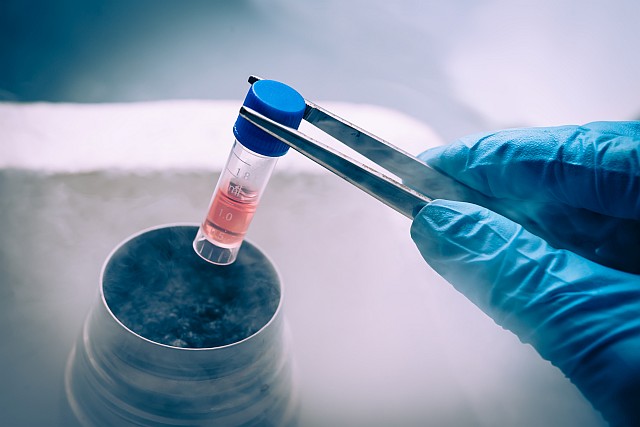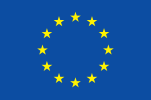 The development of methods to isolate and generate human stem cells along with technology to selectively differentiate them into specific cell and tissue types has excited many with the promise of the ability to study human cell function and utilise them for regeneration in disease and trauma. However, to date, attempts to develop regenerative brain and central nervous system therapies have been disappointing, with the introduced stem cell derived neurons not integrating nor signalling physiologically with endogenous cells. A major confounding issue has been that derived neurons are grown in two dimensions, which does not mimic the in vivo three dimensional interactions nor the myriad developmental cues they would receive in vivo.
The development of methods to isolate and generate human stem cells along with technology to selectively differentiate them into specific cell and tissue types has excited many with the promise of the ability to study human cell function and utilise them for regeneration in disease and trauma. However, to date, attempts to develop regenerative brain and central nervous system therapies have been disappointing, with the introduced stem cell derived neurons not integrating nor signalling physiologically with endogenous cells. A major confounding issue has been that derived neurons are grown in two dimensions, which does not mimic the in vivo three dimensional interactions nor the myriad developmental cues they would receive in vivo.
In frame of MESO-Brain functional three dimensional human stem cell derived neural networks of defined and reproducible architecture were developed, based on that of a brain cortical module that displays in vivo connectivity and activity. The networks are seeded on nano-scale designed laser printed scaffolds using novel polymerisation methods and allow electrical stimulation, simultaneous recording and light sheet imaging during development and at maturation to interrogate network function. Cells are seeded at and develop at specific, defined points on the network scaffold, enabling the growth of realistic and reproducible functional neuronal networks.
Scaffold-Needs aims to provide fabricated reproducible scaffolds that can be produced on a large scale. These concepts are far outside what is currently pursued in the field. This technological platform will be foundational for a new era of biological and medical research based on human neural networks. Cellular neuroscience research and pharmaceutical drug discovery will be transformed and we envisage that within 15 years iPSC derived networks from individual patients will be re-implanted to treat conditions such as Parkinson’s disease, dementia and trauma.

This project has received funding from the European Union's Horizon 2020
research and innovation programme under grant agreement No 851734
